FAKE OUT SUMMERTIME STRIPERS
By: Steve McKenna
Approximately twenty years ago I wrote an article for On the Water magazine about catching striped bass in the surf during the doldrums of the summertime season. Since then, a lot has changed so I figured that I would revise this story and bring it up to date.
 Ask any surfcaster worth his salt, and he will tell you that catching stripers from shore during the summer can be tough. Hot, sunny, humid weather during the summer months drives water temperatures up, way out of the stripers comfort zone, which causes them to sulk frequently and feed irregularly. Poll that same group of savvy anglers about the best way to catch these moody bass during the summer, and they will most likely tell you that casting live or rigged eels into the surf or by tossing fresh chunks of bunker on the bottom rigs are the best ways to go for consistent success during this period. Ask those same surfcasters about using artificial lures during the “doldrums” and they will no doubt advise you to wait for fall.
Ask any surfcaster worth his salt, and he will tell you that catching stripers from shore during the summer can be tough. Hot, sunny, humid weather during the summer months drives water temperatures up, way out of the stripers comfort zone, which causes them to sulk frequently and feed irregularly. Poll that same group of savvy anglers about the best way to catch these moody bass during the summer, and they will most likely tell you that casting live or rigged eels into the surf or by tossing fresh chunks of bunker on the bottom rigs are the best ways to go for consistent success during this period. Ask those same surfcasters about using artificial lures during the “doldrums” and they will no doubt advise you to wait for fall.If you are like me, however, and really like using artificial lures and plugs throughout the entire striper season, then you may be unwilling to accept this “bait or nothing” decree. For the past twenty years or so I have been fishing with artificial lures exclusively in the surf for stripers, even throughout the summer, and I have posted some excellent results. Moreover, over that time period, I have learned that knowing what type of artificials to use, as well as where and when to use them were key to putting fish on the beach consistently during the summertime.
Summertime Plug Bags
NIGHT BAG
Over the course of the last two decades of surfcasting for stripers, I can without a doubt say that the soft plastic lure was THE most effective for luring all sizes of stripers during their summertime feeding patterns. Specifically, the nine inch Slug-go made by Lunker City is my NUMBER ONE choice. This soft plastic, regardless of how you rig it, is deadly for stripers. I happen to prefer the doubled hook version of this lure, but I know others rig it with one large single “J” style hook, or even fish the Slug-go on a bare lead headed jig. I have taken lots of stripers on the Slug-go and highly recommend fishing it at low light periods or after dark. I have fished with live eels and rigged eels extensively during my fishing career and can honestly say that the nine inch Slug-go is pretty close to being as effective as those two baits. I have taken many large, summertime fish on the doubled rigged Slug-go up to forty- five pounds. By the way, my all -time favorite color of the Slug-go is all black with rainbow trout coming in a close second. I would also carry a white (albino) one too.
If you are interested in learning how to rig up and fish the doubled hook Slug-go you can access the archives of Saltwater Edge’s “how to” vault or just google “Rigging the Slug-go” by this author.
The Slug-go is not the only soft plastic that you should carry in your summer time bag. There have been many Slug-go like imitations that have flooded the market over the last several years mainly because long, skinny, eel-like lures have proven to be so effective.
Along with the Slug-go, I particularly like the large Fish Snaxin regular and XL sizes, the Gravity Eel and the No Live Bait Needed shads and straight tails. I have had good luck with all of these lures for summertime stripers.

Minnow Plugs:
My next favorite lure type to fish for summertime stripers is the plastic minnow. My all-time favorite in this category is the Cotton Cordell Redfin in five and seven- inch models. These plugs have continually produced bass of all sizes for me since the early 1970’s. The seven-inch version is by far the best fish catcher and the one I carry on most nights. The seven-inch model is so good in my opinion because it is versatile and can be modified by loading it, and the plug can carry larger or even smaller trebles on it depending on how this plug is going to be used. I don’t fish my seven-inch Redfins stock. The Redfin is a hollow plastic lure and lends itself to loading. Most anglers use water or lead shot. The stock Redfin right out of the package weighs between 5/8 oz. to 1 oz. depending on what year it was made. As a result, the plug does not cast well and really should be loaded. By loading them with water or shot this plug transforms into a much better caster. Also, the added weight allows the plug to be fished in rougher water because it is heavier and more stable. It is an excellent subsurface swimmer. The plug can also carry larger trebles than the feeble stock 3/0s. I like to put two, size 4/0 4X strong VMC trebles on the Redfins that I fish. This way if a large fish is hooked you will have a fighting chance at landing it. Moreover, the seven-inch Redfin can be modified to swim on the surface much like a “Danny” style metal lip swimmer. To achieve this surface type swimmer, load the Redfin with a “light” load (amount) of water or shot so the plug weighs about 1 ¼ oz. Next swap out the stock hooks and split rings to size 1/0 4X VMC trebles and good quality split rings from Owner or Rasco. These modifications will allow the Redfin to cast much better than the stock version plus it will swim alluring on the surface with a slow retrieve like the best wooden Danny in your collection.
If the Redfin modifications interest you then please consult the Saltwater Edge’s you tube archive or just Google “loading Redfins”.
Another minnow swimmer that I fish with in the summer and pretty much all season is the Yo-Zuri Hydro minnow. This plug catches and at times is the only plug that will work. I really like the six-inch version which weighs 1 ¼ oz. It has an internal magnet system which aids in long casts. It also comes in six and three-quarter inches with a weight of 1 ¾ oz, My favorite colors in the six-inch model are bone and black/purple. In addition, I am not crazy about the stock hooks or split rings on the stock lure so I switch them out for size 1/0 4X VMC trebles. I like good quality split rings from Owner or Rasco as previously noted.
The third plastic minnow type plug that works well on summer nights is the Yo-Zuri Mag Darter. The Mag darter is infamous in its fish catching ability and I can only add positives to its already stellar reputation. This plug is not a true darter, but is basically a subsurface swimmer like the Redfin and the Hydro minnow. It comes in three sizes and they all catch. For my fishing I really prefer the six-inch mid-size and the larger, six and one half-inch size. I do best with the Mag darters in bone, black, bronze shiner and yellow colorways. The Mag darter is just one of those plugs that catches fish. Every surfcaster should have at least one in their bag. I always change out the hooks and splits on the Mag darters I fish. The mid-size works well with size 1/0 4X VMC trebles and the larger version takes VMC 4X 2/0s. I really like to use the Mag darters if I encounter any current. The Mag darters really shine in inlets.

Speaking of darters and inlets, I would not go out on a night surf trip in the summer without at least one Super Strike darter (Zig Zag) in my bag. These plugs are catch and are important tools if you are fishing any current. From my experience there are no bad colors to use in the SS darter, but I really prefer white, yellow, chartreuse, black, burple and translucent amber. I also switch out the hooks on these plugs. I put a VMC 4/0 4X on the belly with a 3/0 4X on the rear. Leave the split rings on as they are sturdy Rascos. The beefy hooks and hardware help the darter dig better and don’t fail under the stress of fighting a jumbo bass.
I believe that the slimmer, plastic minnow plugs, darters and soft plastics work so well is because they mimic a lot of the baitfish that are present in our water during the summertime months. At that time of the season, silver sides or spearing baitfish are ubiquitous and they come in all sizes. They are long and skinny and certainly resemble the minnow plug. Then there are sand eels which are prolific at times in our area and really look a lot like these long skinny plastic plugs we are throwing at stripers.
Needlefish Plugs:
The needlefish plug is another “must have” when chasing summertime stripers after dark. As previously indicated, there are a lot of spearing and sand eels around in the summer surf and there is no better way that to copy them than the deadly needlefish lure. There are many, many different needles out there on the market today, but my go to needle is the line made by Super Strike lure co. out of Long Island NY. These plugs come in an array of sizes, weights and colors. You cannot go wrong with the largest size model which weighs one and three-quarter ounce and is seven inches long. This version cast well and sinks slowly. It can be fished at different depths depending on your retrieve, but for my purposes I fish it slow to medium retrieve and it runs just below the surface to right on the surface. The smallest version of the Super Strike needle also works well at times when there is small sized baitfish in the wash. That one is five inches long and weighs about one oz.
My all-time favorite colors in the SS needles are black, burple, amber, lime green and bone.

The last artificial lure I will recommend that should be a staple in a summer night time surf bag is the Red-gill sand eel lure. This particular lure, dubbed the “Rascal, is four inches long and made out of soft plastic (rubber). It is very light in weight and usually fished as a “dropper lure” or “teaser” to a heavier plug or jig so it can be cast a good distance {please see attached photo). On many summer nights this tiny lure rigged up ahead of a larger, heavier plug, like a loaded, seven-inch Redfin, has been the secret to success, especially when the smaller bait is present. Like the needlefish and minnow plugs, the Red Gill imitates most summertime baitfish, but on a much smaller scale. I have found when the stripers are feeding on this tiny bait that they can be very selective. The Red Gill Rascal has proven to be work wonders when stripers decide to be finicky. I have tried many different colors of the Red Gill lures over the years and can honestly say that all black has out fished any other color at about a ten to one ratio.
DAY BAG
In the summertime, fishing for stripers after dark is definitely the prime time to find them in the surf. Dusk, dawn and during the day are related second choices, however, don’t despair if these are the only times you can get out and fish. Despite what the old timers say, stripers are plentiful in the daylight surf and readily available to the angler. Again, knowing what artificials to use and when and where to go are the keys to success.
Soft Plastics:
Similar to the night surf bag, a surf fisherman looking for bass during the day should pack a few soft plastic lures. I have done well with the No Live Bait Needed shads in three and five inches on lead heads of one-half ounce to one ounce in bone, pink and black colors.
Smaller Slug-gos, like the seven and a half-inch model, has also done the trick on many daytime trips. I fish them doubled hooked like the nine-inch version. Albino shad (pearl), bubblegum and Arkansas shiner have been my most productive colors.
Another productive artificial lure to carry in the day time bag is the lead headed bucktail jig. The bucktail jig with trailer is probably THE best lure to use for stripers when the sun is out. In fact, if I had only one lure to fish for stripers, day or night, it would be a white lead headed bucktail jig with a white, red or pink trailer. Best weights of bucktails tote are ½ oz. to 1 ½ oz. Occasionally, you will need a 2 oz. if it’s extremely windy and rough seas.

During the day I fish the bucktail as is or attached a wooden egg lure system. The wooden egg or “egg and a jig” rig is just a wooden egg (@ 2oz. weight) wired through with a short finish nail in the side, a 24” leader with a small bucktail of ¼ oz. to ¾ oz., attached at the end of the leader via a knot or a clip/snap. This system was developed to deliver the small bucktail a long distance and to prevent the jig from fouling the shallow bottom. This egg and a jig lure system is probably the best way to search for bass during daytime hours. I have seen it out fish pencil poppers and regular poppers on numerous occasions. In fact, I very rarely fish popping plugs during the day anymore. I think the egg and a jig or just a lone bucktail catches better. The egg and jig system casts like a missile and covers some serious water. A very good friend of mine who fishes daily catches around a thousand stripers a season many being caught on the egg and a jig rig during daylight hours.
Andrus brand bucktails used to be my favorite jigs when they were made with real deer tail. Luckily, I have compiled a great stash of them, but there are several others on the market that will do the job. I also fish with Tinman Tackle, S and S and Magictail bucktails. For trailersI prefer old stick Uncle Josh’s pork rind in red or white, and Fat Cow strips in white, red or pink.
The last daytime artificial “must have” lures I will strongly suggestl are the Rebel Jumpin’ Minnow and the Drifter DOC spooks. Both of these spook type plugs are imperative for the day angler to carry while fishing the surf for summer bass. Both draw fish to the surface like candy does to a kid. Bone color is my most productive color in either lure.
WHEN and WHERE for SUMMERTIME STRIPERS

When searching for summer stripers the angler is best to start looking after the sun goes down. Stripers use the cover of darkness to travel in to the shallows looking for something to eat. New moon nights, that is four nights before and after the actual new moon, offer maximum darkness and the action is usually the best around this time frame. The full moon offers similar sea level and current conditions as the new moon, but the brightness of this moon can actually deter bass from entering shallow inshore areas. I do fish around the full moon, but only go out when there is cloud cover and/or stormy conditions. Action can be “new moon like” during these conditions. Another trick I utilize too when the full moon is expected, is to fish before the moon rises above the horizon. On predicted clear nights of and around the full moon, a surf angler can usually get at least an hour or so of complete darkness after the sun sets and the full moon rises. This dark period can be very, very productive. I consult the local moon rise and set data to determine the nights when I can fish those darker periods before the full moon get too high over the horizon and ruins fishing.
Another recommendation I would offer to summertime surf anglers is to fish all northeast storms. These low-pressure events are common in late summer and they trigger bass to feed actively. Big seas from storm swells cause copious amounts of white water and rip currents around inshore rocks and beaches. This gives stripers plenty of cover to hunt around inland waters giving the surf fishermen an excellent chance to catch a lot of fish and maybe a trophy or two. I recommend fishing night or day when these storms roll through the area. Just be careful as seas can be giant and extreme caution must be exercised.
Another excellent time to go surf fishing in the summer is when the southwest wind blows hard causing lots of white water around inshore rocks, reefs and shorelines. Stripers of all sizes love to feed during these conditions. Surf fishing in the late afternoon in to darkness can be very productive when this strong wind occurs during the summer months. I have personally taken many big bass during the summer when these wind/surf condition existed.

Where to fish for summertime stripers is the $24,000.00 question. Knowing your spots is KEY to catching fish. Knowing where stripers feed or frequent consistently is almost 100% of this fishing. If you find the bass it is a pretty good bet that you will catch them or at least know that they are present. It is very rare that you will not catch a fish even with artificial lures if they are within casting distance. Then the only problem when fish are located is to find something in your bag they will hit. However, the major challenge of surf fishing is finding where the fish live.
Finding fish can be difficult. If you are new to the game then I would check out any local inlet first. Inlets are striper magnets and can some offer some great fishing, particularly after dark.
Along with finding some inlets, I would also suggest looking obvious shoreline structure like jetties, reefs, sandbars, shallow, rocky boulder fields and land pinch points in the area that you intend to fish. Always look for likely fishing spots that are closet to your home which will enable you to fish them easily. Everyone wants to fish Block Island and Cuttyhunk but both locations are tough to get to. Remember, fishing local spot(s) often allows you to learn them thoroughly which usually translates to putting more bass on the beach.
I would also direct any new surf fisherman to join a local club. In 1975 I joined the Narragansett Pier Sportfishermen and learned much from my sixteen-year tenure with that club. Fifty years later I am still fishing many of the same spots that I learned from veteran NPSA members.

Finally, spend some time (and money) in a local bait and tackle shop. You’ll be surprised what intel you can pick up just by getting friendly with many of the shop employees and customers. Also, information on fishing for and catching striped bass from the surf is more available to us now than any other time that I can remember. The internet offers so much good information too as do contemporary books on our sport. The info is there. It is up to you to absorb it and get out there and fake out a few summertime stripers.




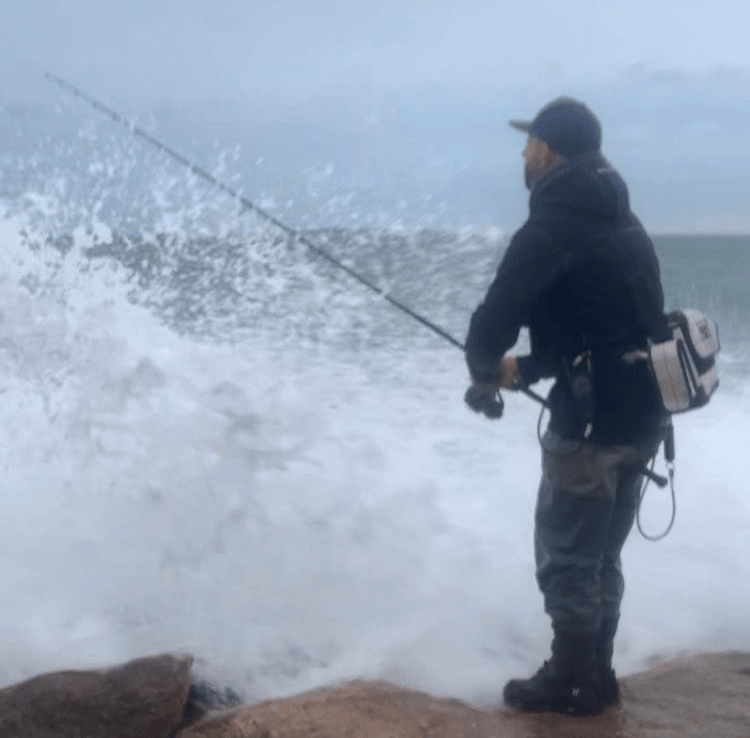

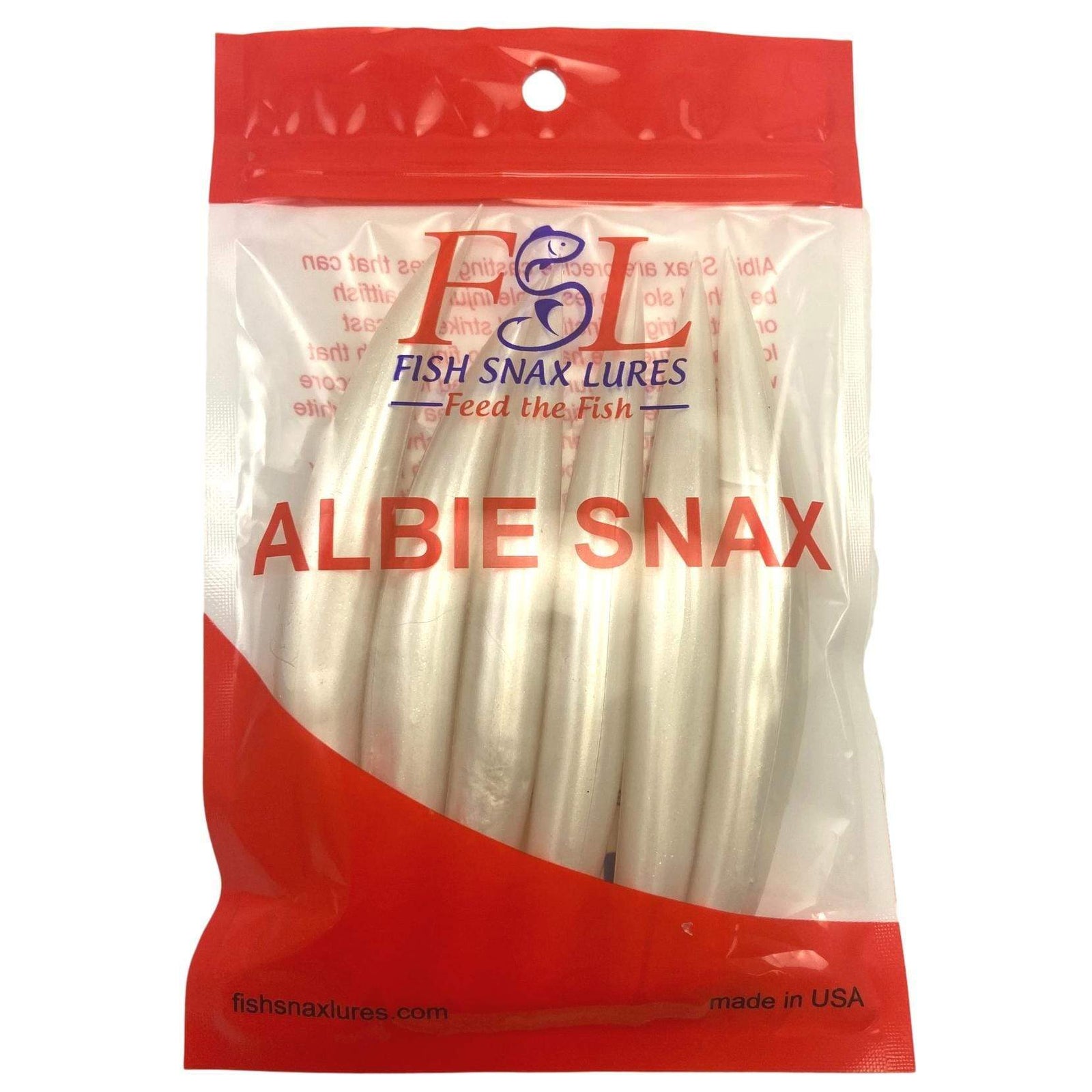

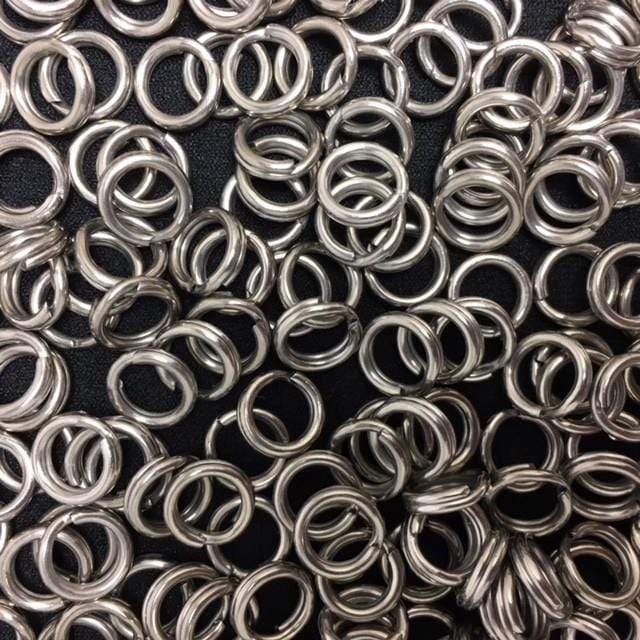
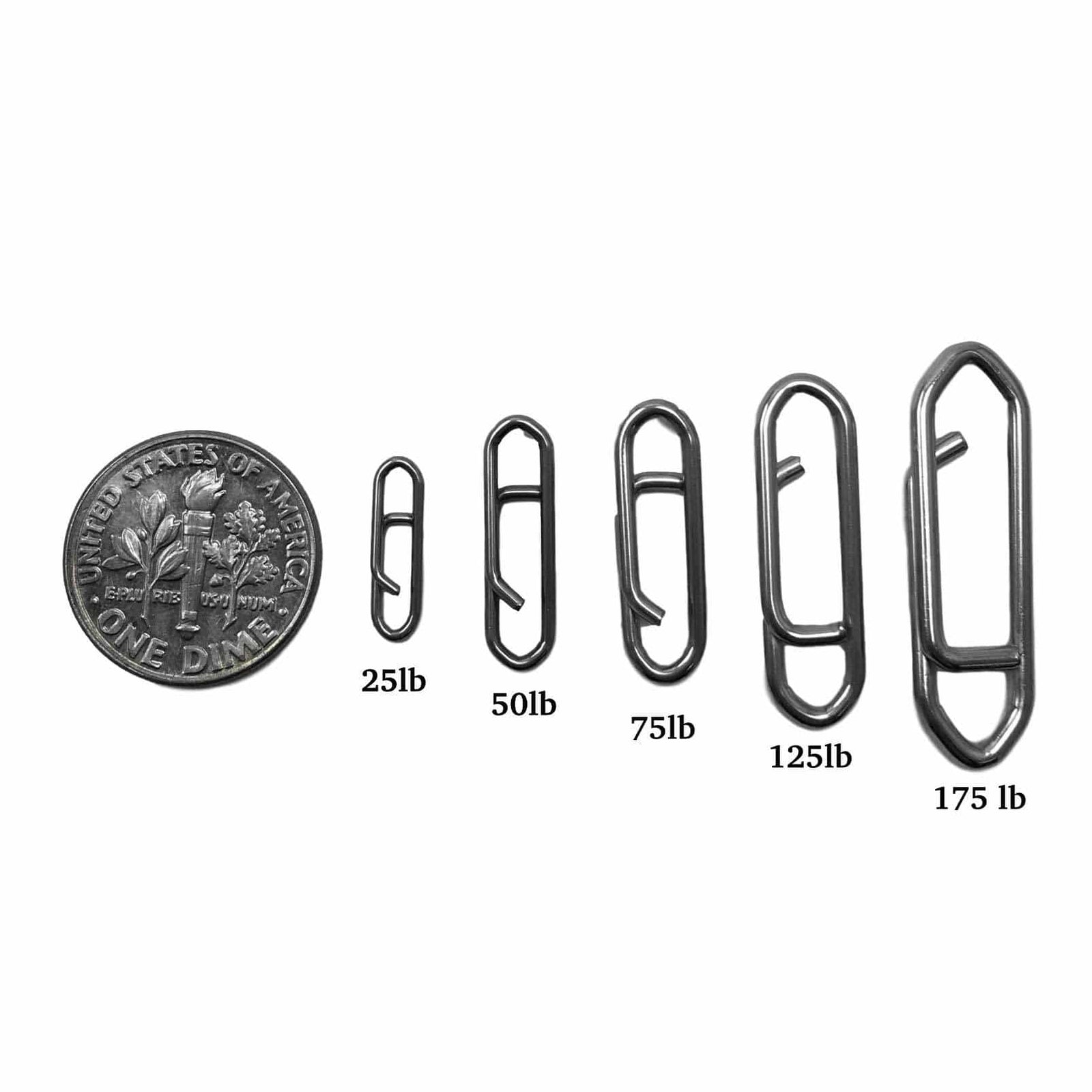

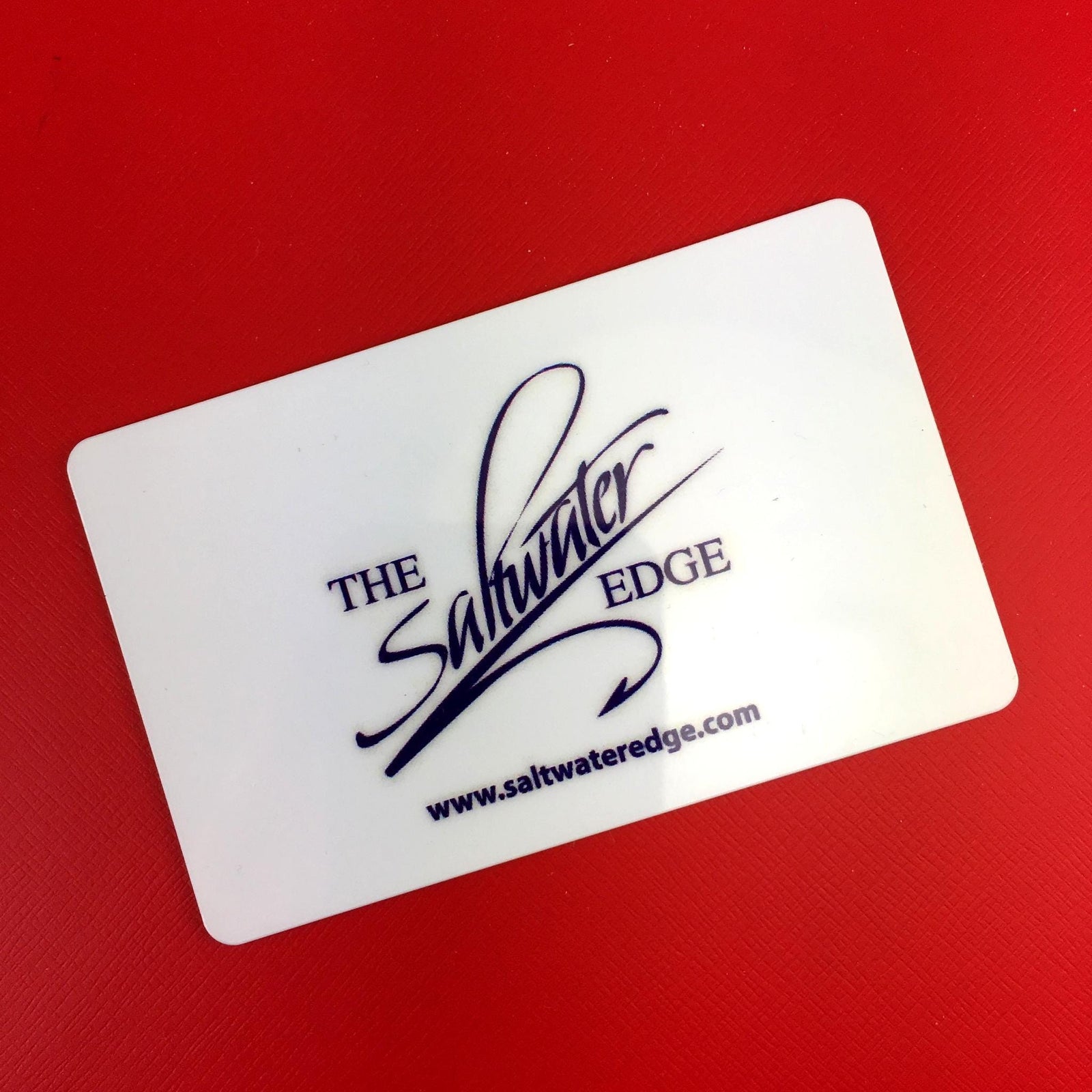
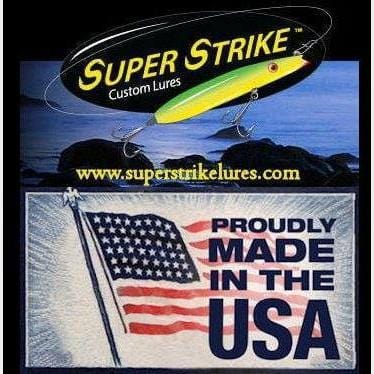

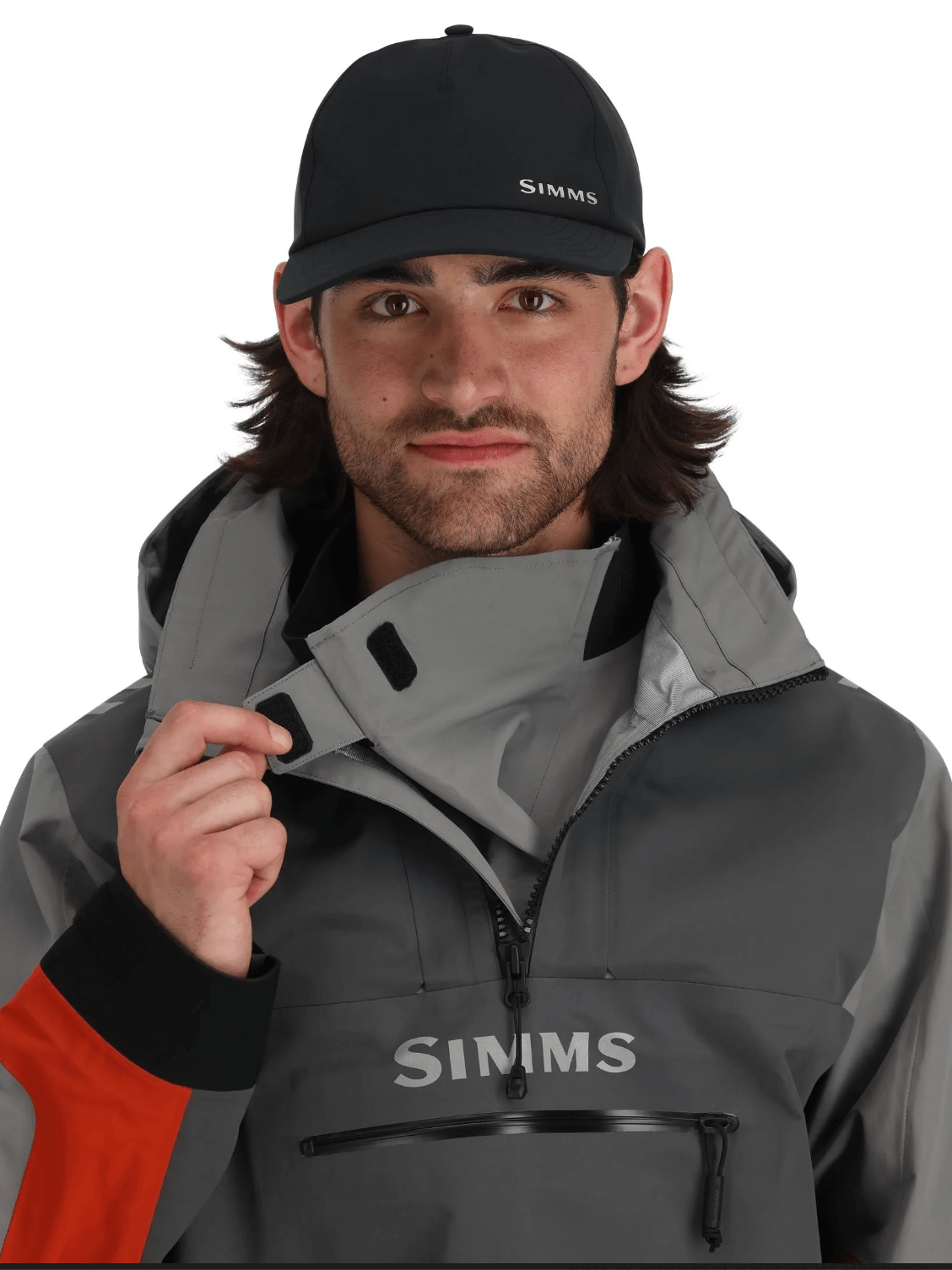

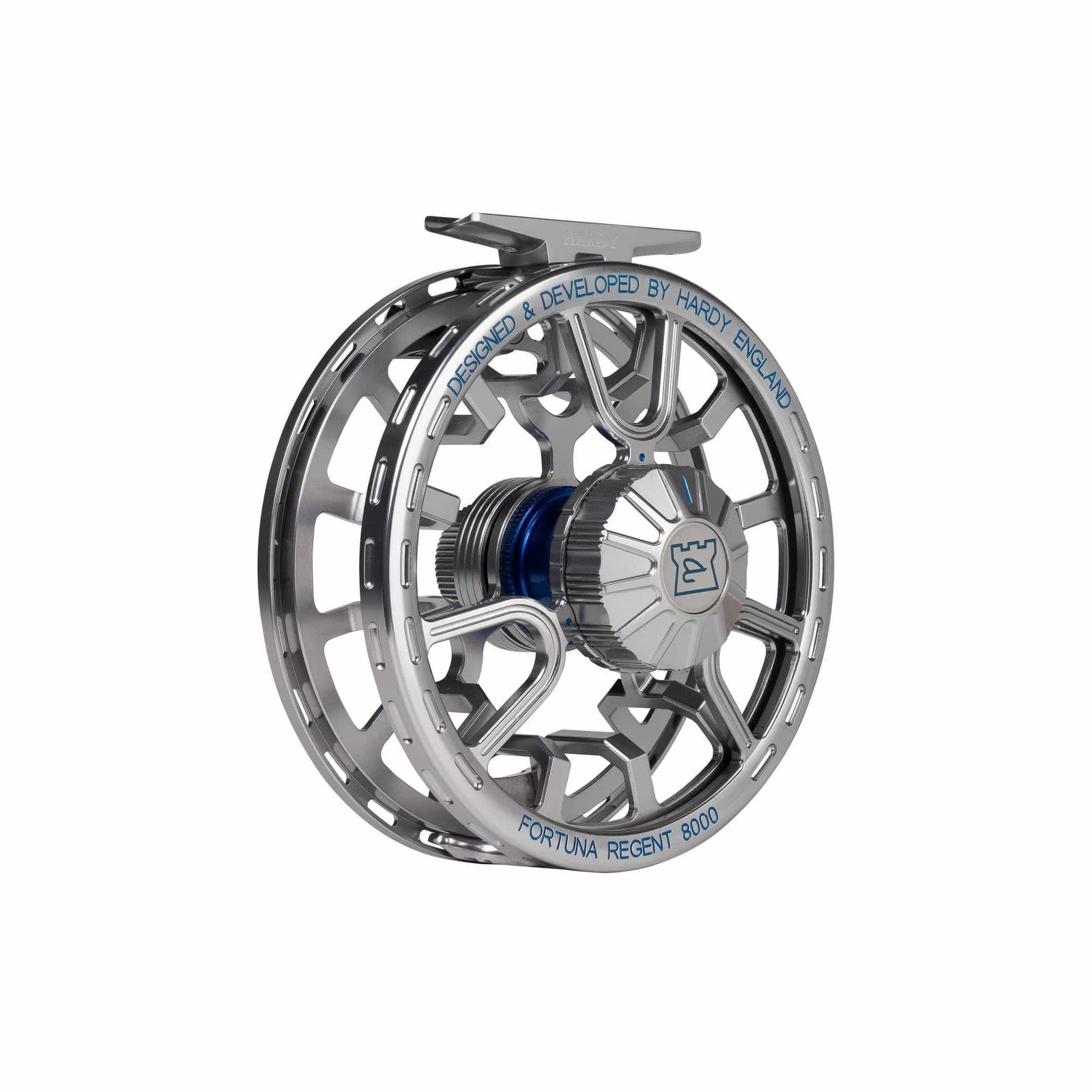
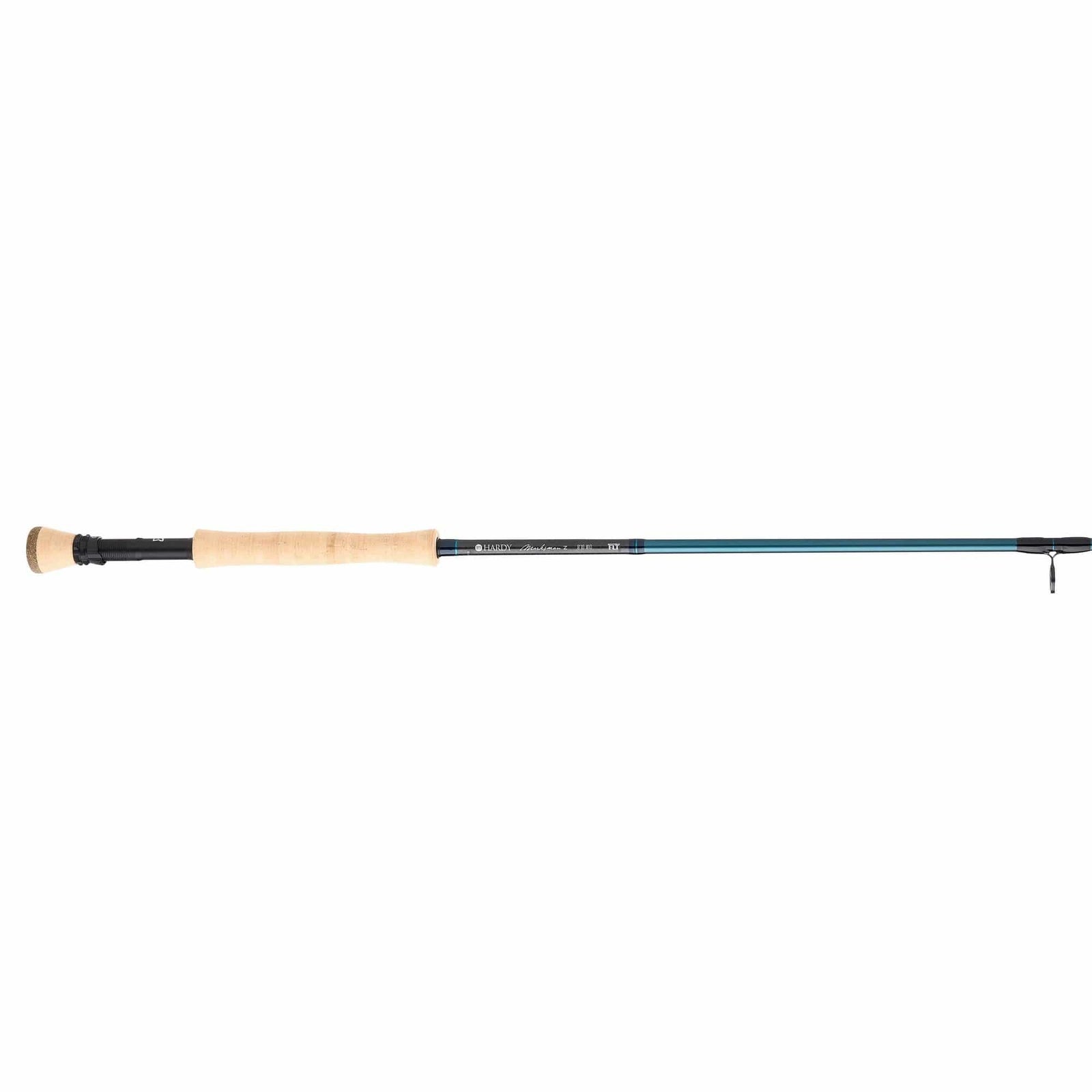
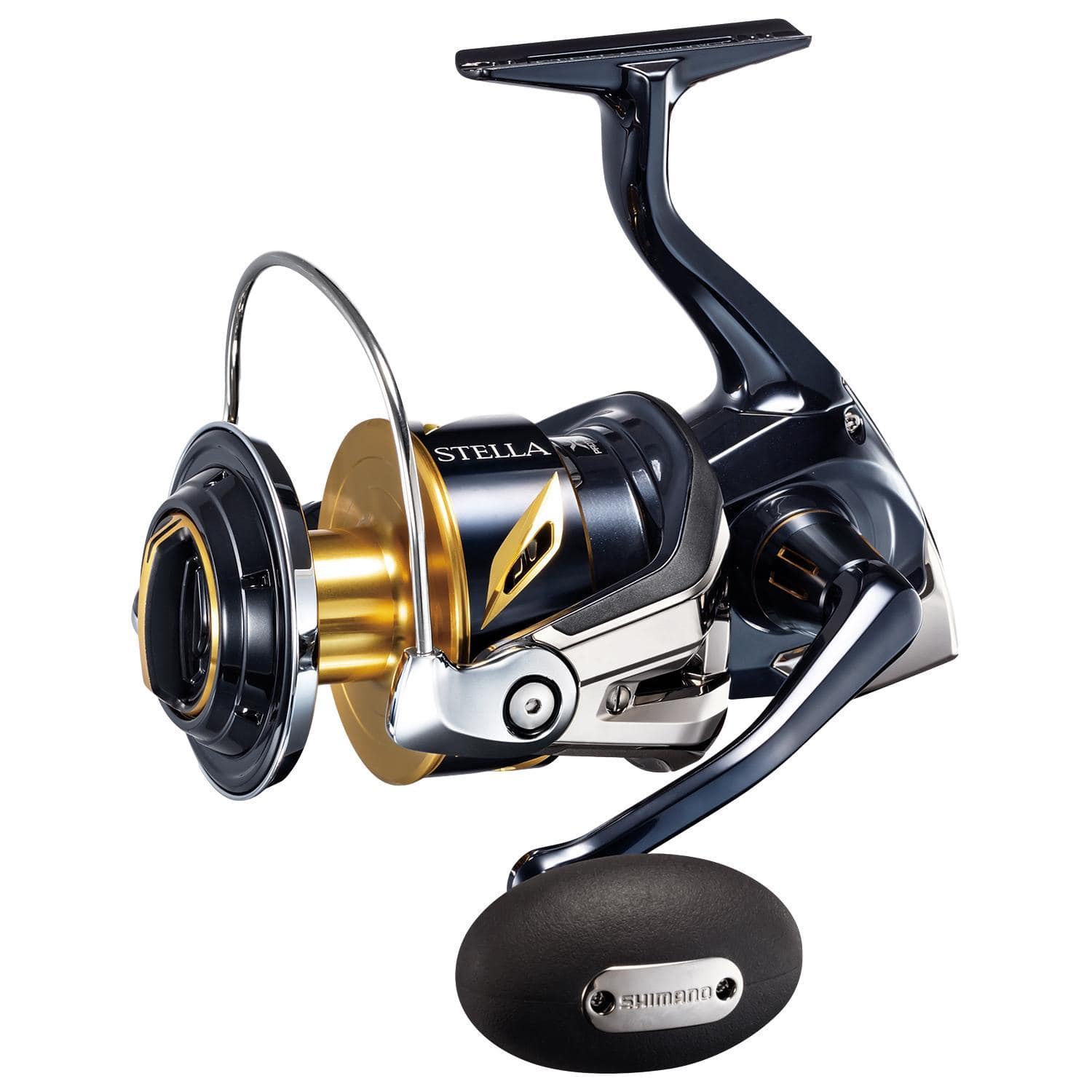
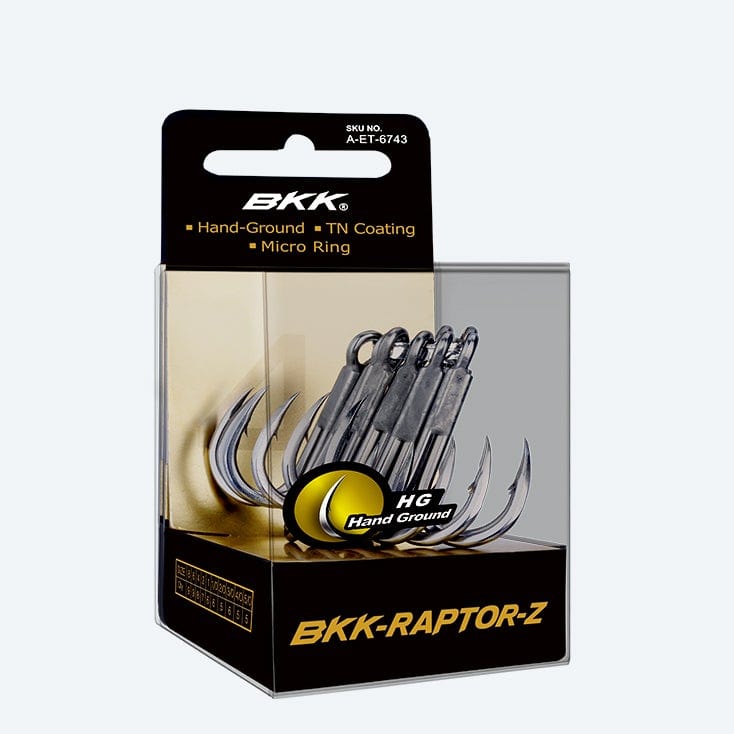
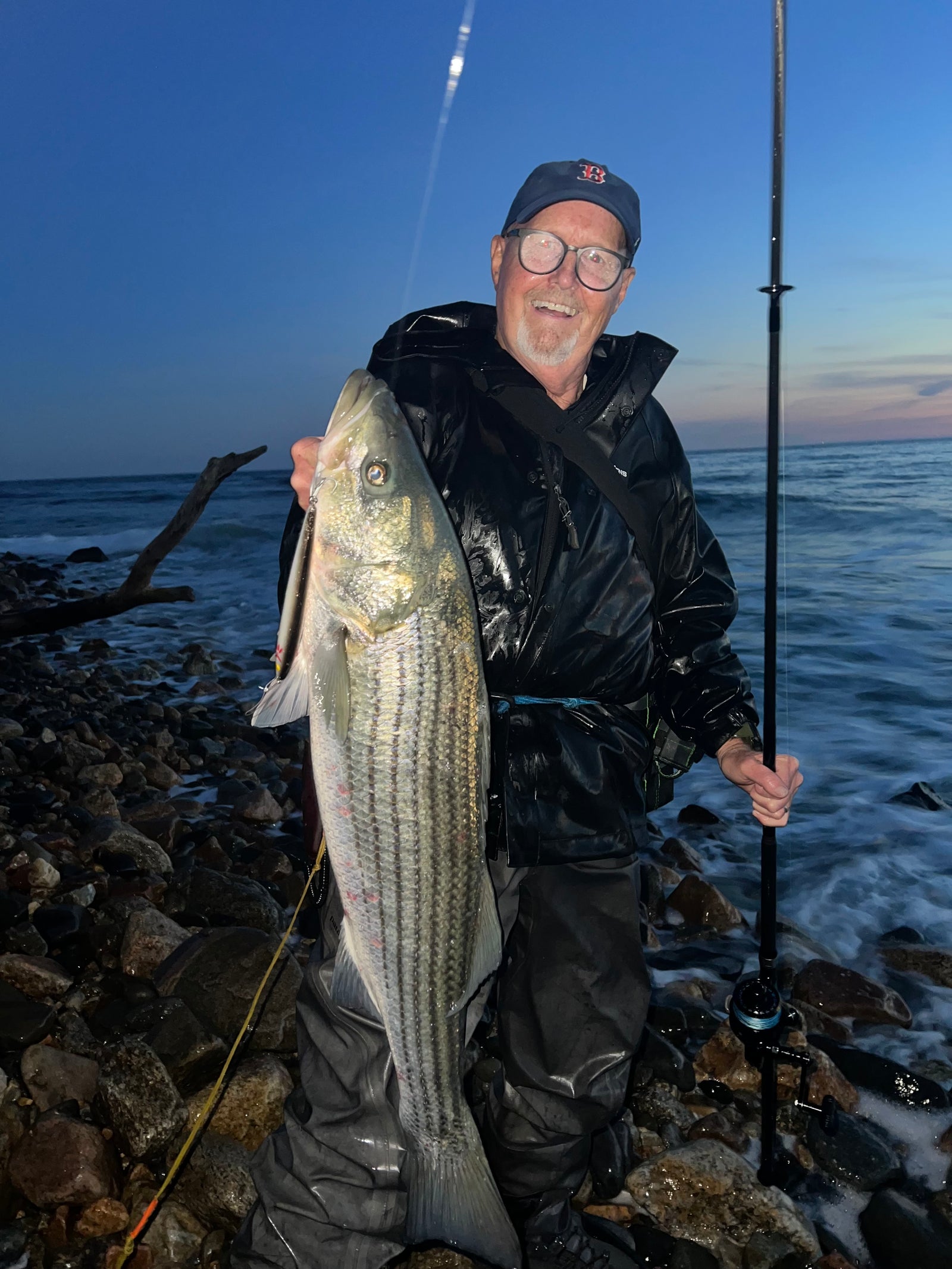
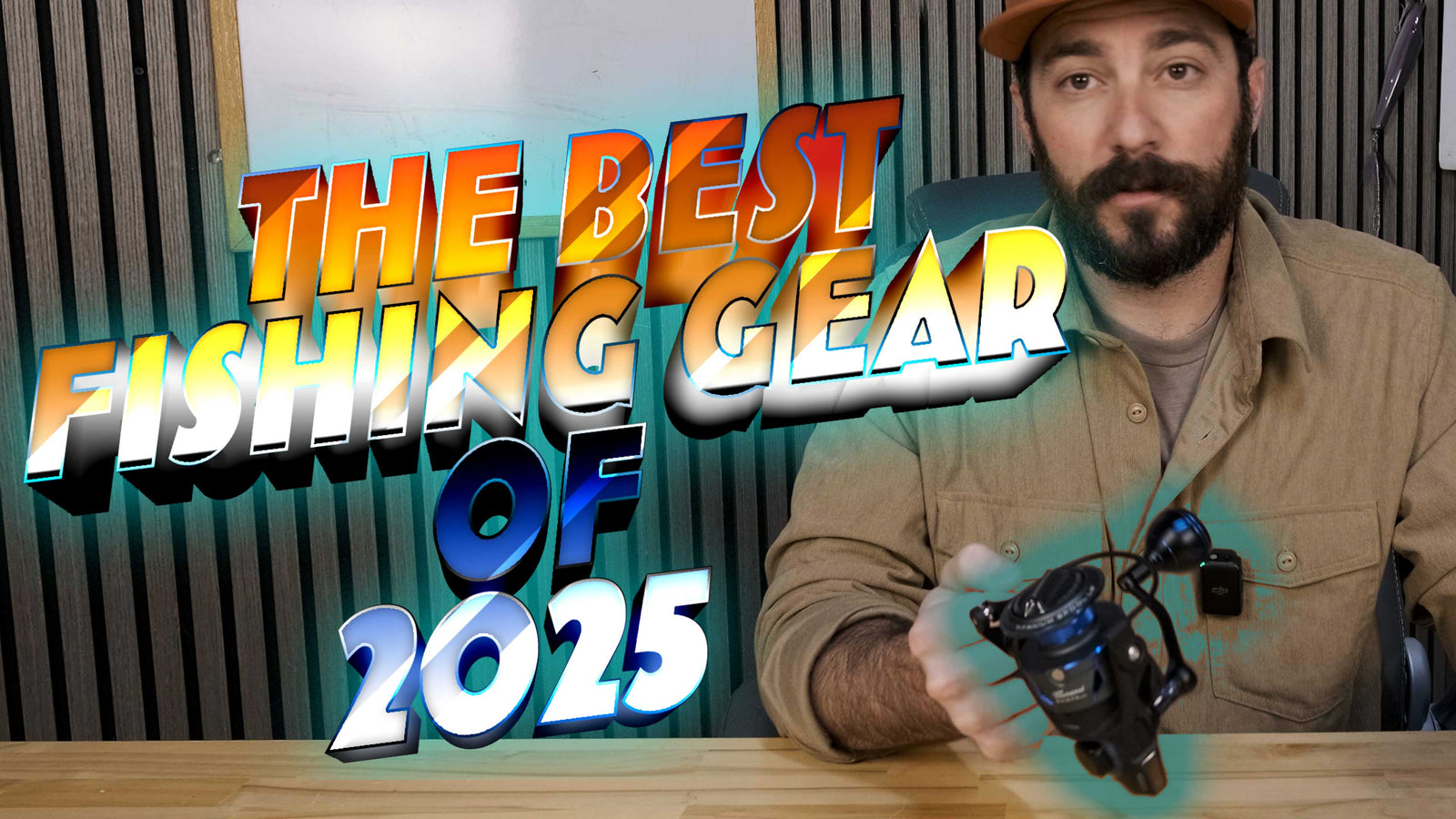
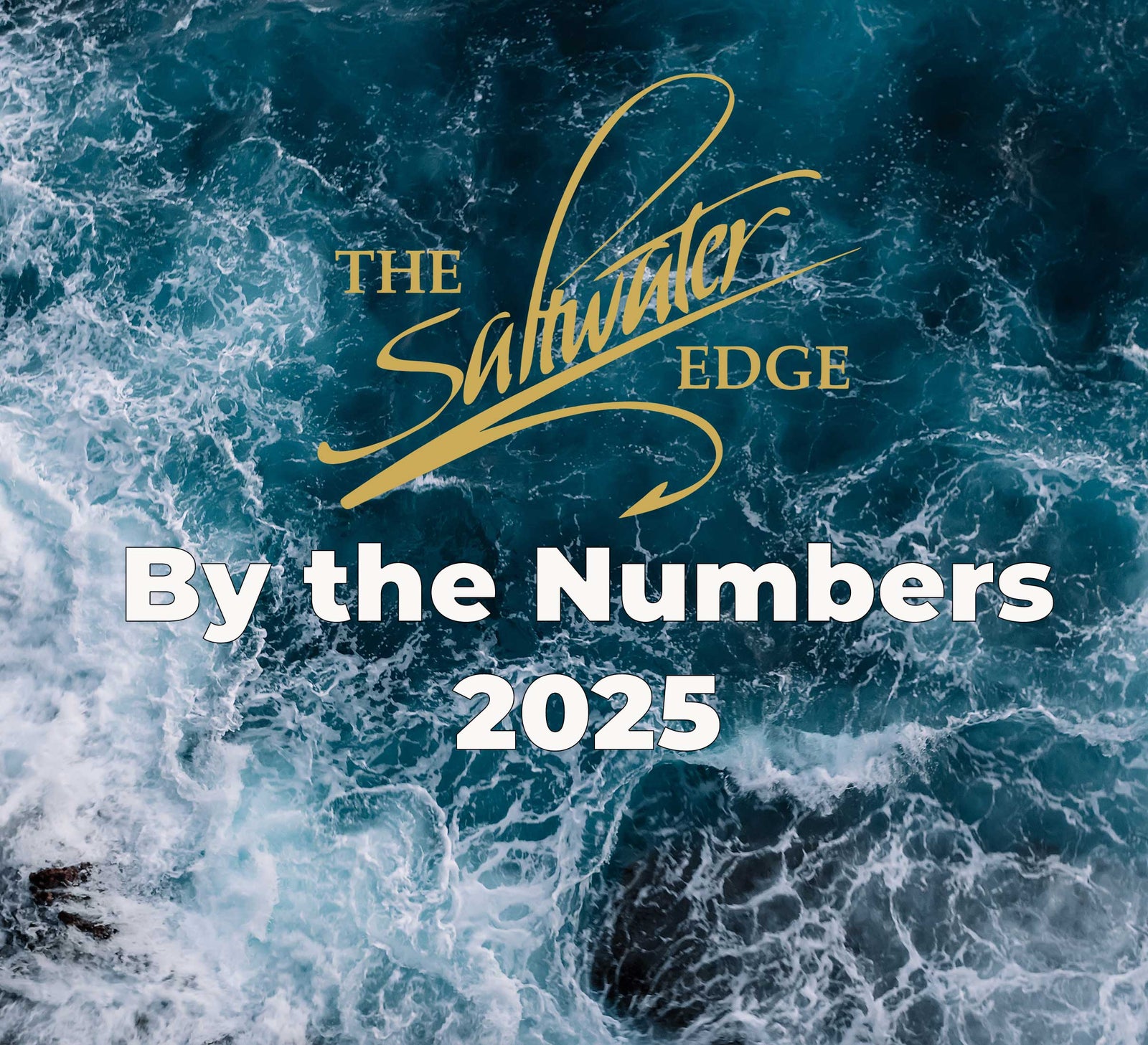
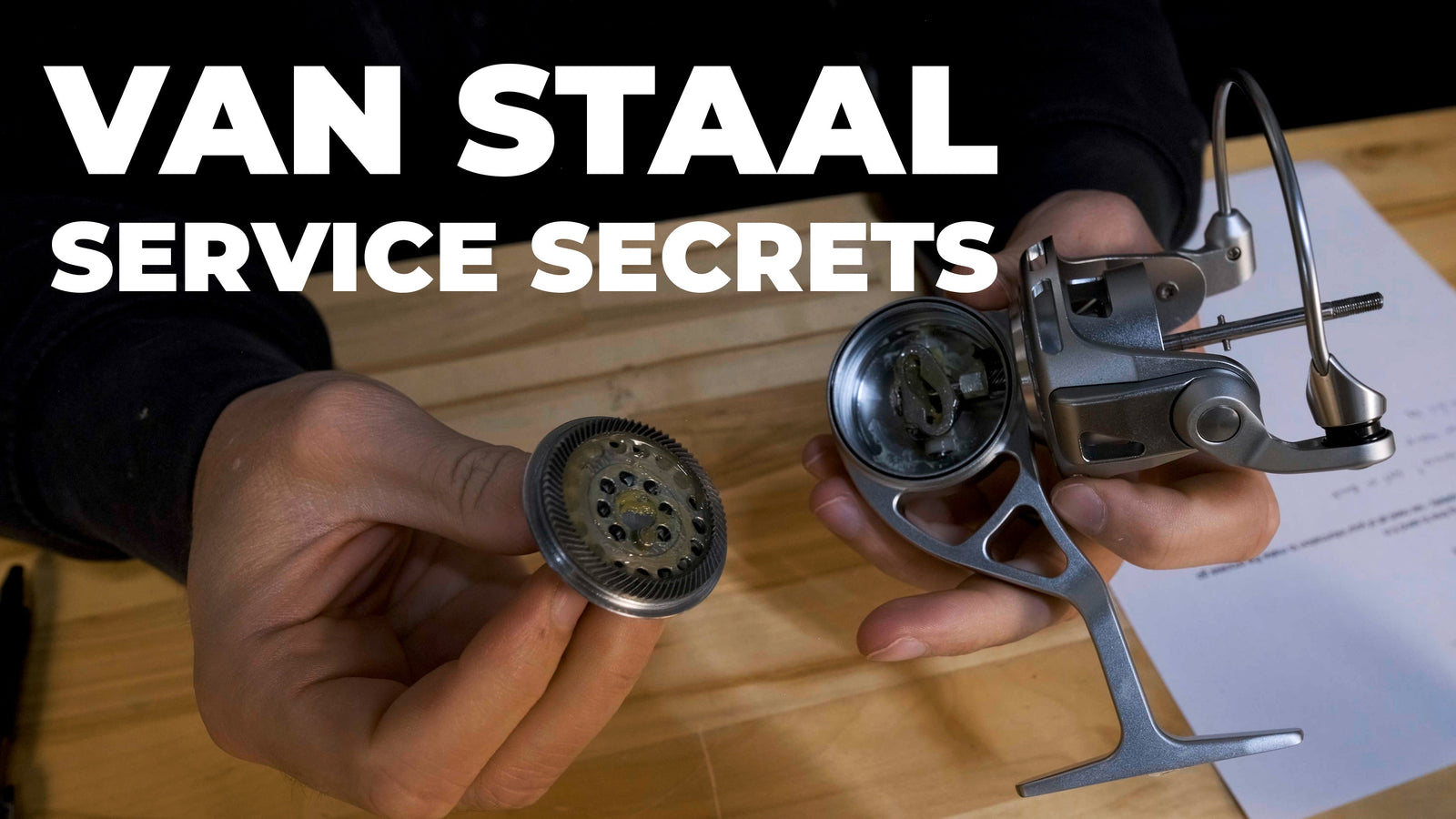
Leave a comment (all fields required)